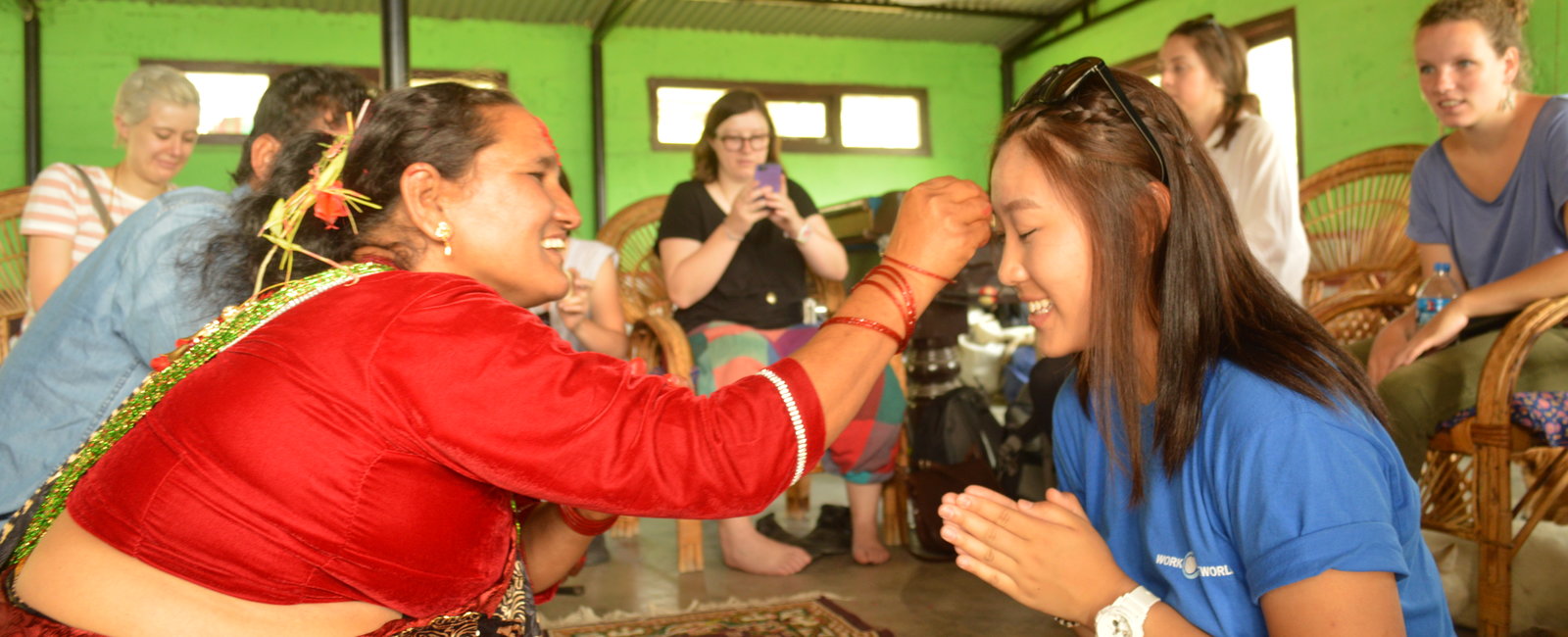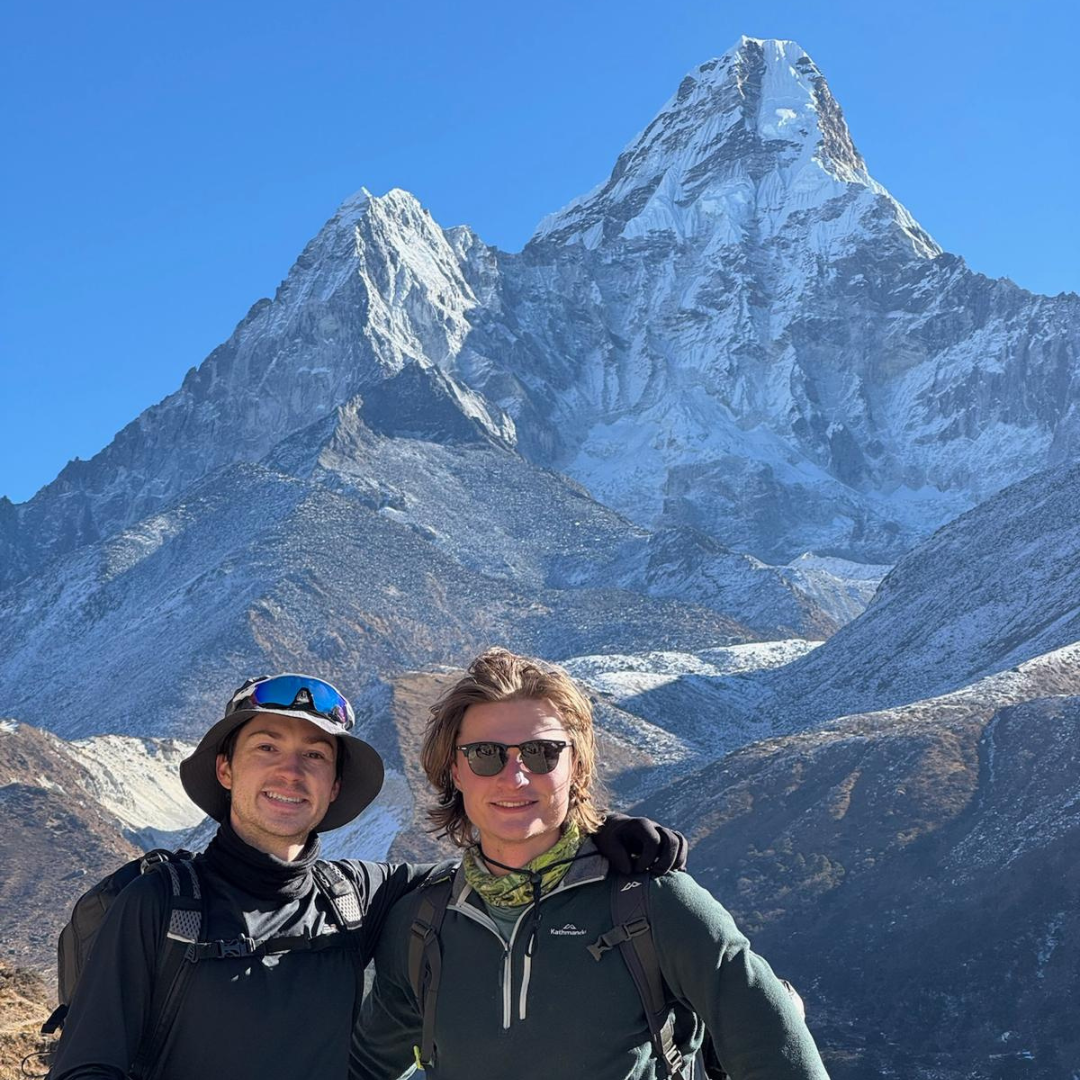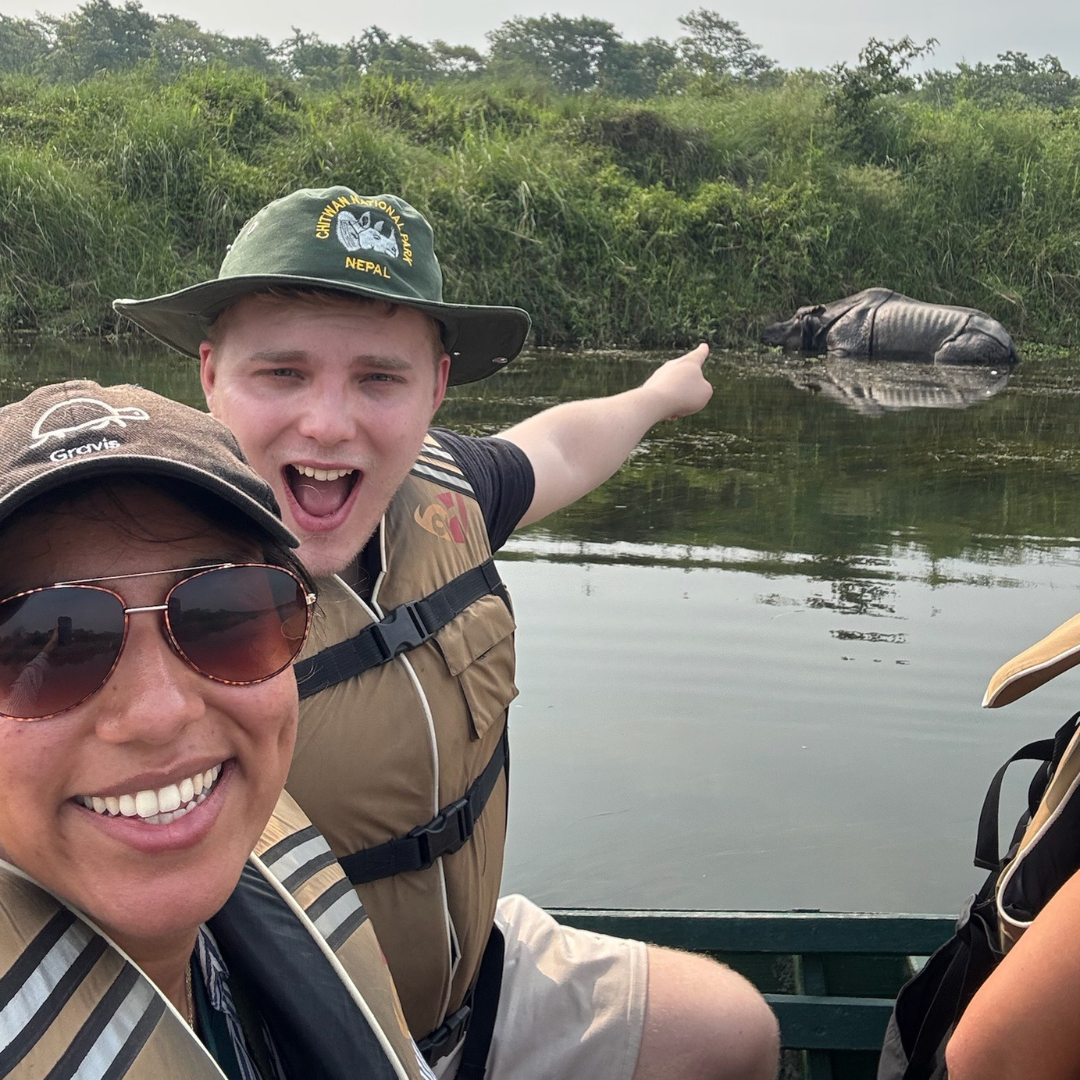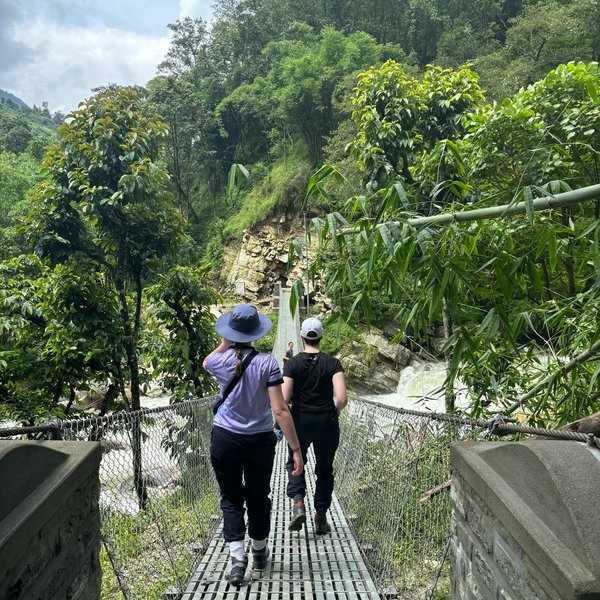University of Nottingham 2019
Choosing a destination for your elective can be overwhelming, but once we came across the Philippines, we were sold.
The Work the World house is based in Iloilo — a bustling city with friendly locals. There are restaurants and cafes, a shopping mall, and resorts where you can relax by the pool after your placement.
The Work the World house was beautiful. It had spacious rooms, communal areas with games, and a large rooftop for sunbathing. Each evening, my housemates and I ate together in the large dining room.
Speaking of housemates, we all bonded quickly. We met fellow students from all over the world.
The highlight of living in the Work the World house is undoubtedly the weekly BBQ and karaoke nights. Be prepared to sing your heart out.
For my medical placement, I opted to spend time in the anaesthetic and paediatric departments of the local hospital.
The hospital had a busy healthcare system run on very few resources. There was a mixture of patients from small towns and those living in more rural mountain regions. Many of the latter had to trek to get to the hospital.
The hospital offered services to over four million people. They provided healthcare at the lowest possible price, delivering effective treatment with limited resources.
Despite a large number of staff, the number of doctors to patients was low. Some doctors worked 72 hours straight.
We were lucky enough to be with a super-friendly anaesthetic team. They were keen to teach, and we even managed to join them in an evening of Zumba in central Iloilo. I think it’s safe to say it was the best Zumba class I've ever been to!
Working in the anaesthetics department allowed me to witness a variety of surgeries. I also interacted with and assessed a wide range of patients, all differing in age and pathology.
The most memorable patient I came across was an 18-year-old boy whom I met during a pre-operative ward round.
On the sheet, he was described as having presented with a ‘nasolabial mass’. When I saw him, he had a tennis-ball-sized mass on his nasal bridge. He refused to make eye contact with us and looked uncomfortable throughout the whole consultation.
It was clear he was distressed. He seemed vulnerable being there. His mother told us they lived three hours away from the hospital and could not afford the operation, so they chose not to present earlier.
But the mass was now obstructing his vision, causing him problems at school. He was even being bullied by his peers. He had become depressed and stopped attending school.
It was sad to see how much a physical condition had impacted the boy’s self-esteem, social life and education. And all due to the cost and ease of access to healthcare, something that would never be an issue in the UK.
The anaesthetists were so friendly and brilliant at teaching. They tutored us on complex cases and on how to perform certain procedures.
They showed us how to intubate and help out with other small procedures, such as cannula and catheter insertions.
One thing I found particularly challenging was the lack of use of local anaesthetics before spinal anaesthesia. Local patients did not seem to react, as I understand this was, for them, a common procedure.
It was difficult to observe this being done on a seven-year-old child. The child was moving around a lot during the spinal, therefore reducing the chances of the anaesthetist being able to deliver the spinal successfully.
They tended to use the local anaesthesia — something so commonly used in the UK — only after several attempts, or if it was absolutely vital.
Whilst in paediatrics, I spent most of my time on the NICU. This was a fantastic department run by an SHO equivalent trainee with an excellent team of nursing staff.
I saw a deeply saddening case in the NICU. The patient was a baby born with respiratory distress syndrome. The baby was not able to receive surfactant, something easily given to babies in the UK.
We were told that the Filipino Government had recently reduced the supply of surfactant due to its costliness.
Witnessing an intubated baby being ventilated by her dad was the most challenging thing I’ve ever seen. It was then I learnt most patients were ventilated by family members due to staff shortages.
The parents faced multiple pressures from home and could scarcely afford to take time off work to spend it in the hospital.
The father of the baby had been ventilating her for days and was starting to feel exhausted.
Despite the doctor’s warning and advice, the parents made the decision to extubate the baby. Sadly, she didn’t survive.
It was heartbreaking to see the decisions families, doctors and indeed patients sometimes had to make. Many of these decisions would have been avoidable in the UK.
There were many beautiful beaches, caves, and offshore islands to explore. Opportunities for activities like jet skiing, water rafting, snorkelling, and scuba diving were endless.
We spent every weekend travelling to new destinations. Boracay, Antique and Palawan were three favourites.
In fact, there wasn’t a day that went by that we didn’t do something or go somewhere new.
As an aside, it would be a crime not to try the infamous ‘Halo Halo’ — a Filipino dessert. Though once is probably enough, even if you do have a sweet tooth!
My trip to the Philippines was incredible. I met people from all over the world and learnt about a system entirely different from my own.
Work the World were amazing from the day we booked, sorting out every little detail (which is super helpful when you have finals to revise for).
I couldn’t be more thankful to Work the World for making my trip to the Philippines unforgettable!
Read more about our Electives in Asia, and you'll find options in Nepal and beyond.









